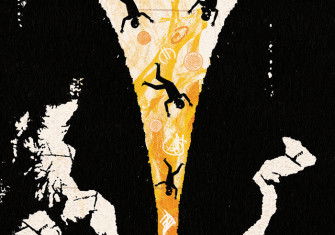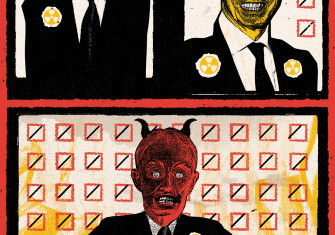A Second British Revolution
Over the last 30 years, the UK’s political class has swapped ideology for values and sleepwalked into major constitutional and political change. What can it learn from the last time it faced a crisis of such magnitude?

On 9 September, as Black Rod entered the Commons to deliver the summons to attend the Lords as part of the prorogation ceremony, a number of MPs attempted to keep the Speaker, John Bercow, in his chair. This action, as the Labour MP Clive Lewis acknowledged, was an imitation of a 17th-century episode: in 1629, members held down the Speaker, Sir John Finch, in order to pass resolutions against Charles I’s religious policies and imposition of taxation without parliamentary consent. The king responded by dissolving Parliament: it would not be summoned again for 11 years.







